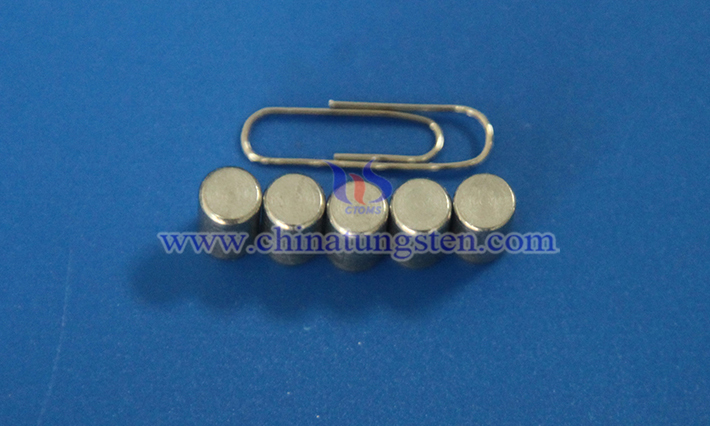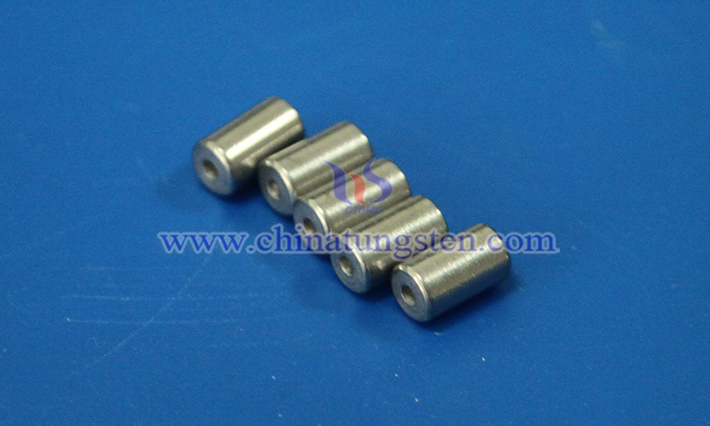Barium Tungsten Electrodes for Fluorescent Lamps
- Details
- Category: Tungsten Information
- Published on Sunday, 27 April 2025 18:05
- Written by Zhenghua
- Hits: 242

Leveraging unique material design, barium tungsten electrodes have overcome the challenges of slow ignition and short lifespan in fluorescent lamps, becoming an ideal choice for high-frequency strobe and high-brightness applications. Their exceptional performance stems from innovative manufacturing processes and material properties, delivering significant breakthroughs for the lighting industry.
Barium Tungsten Electrodes for Stage Lights
- Details
- Category: Tungsten Information
- Published on Sunday, 27 April 2025 18:02
- Written by Zhenghua
- Hits: 265

Stage lights play a crucial role in performances, not only illuminating the stage but also creating various atmospheres and effects. Among these lighting fixtures, barium tungsten electrodes are an important technical detail. So, why do stage lights use barium tungsten electrodes?
Barium Tungsten Electrodes for High-Pressure Gas Discharge Lamps
- Details
- Category: Tungsten Information
- Published on Friday, 25 April 2025 17:44
- Written by Zhenghua
- Hits: 311

High-pressure gas discharge lamps (HID lamps), as efficient light sources, are widely used in road lighting, industrial lighting, and specialized fields. The material selection for their core component—the electrode—directly impacts lamp performance. Barium tungsten electrodes, a composite electrode material, significantly enhance electron emission efficiency by incorporating barium into pure tungsten, representing a key technological breakthrough for HID lamps.
Read more: Barium Tungsten Electrodes for High-Pressure Gas Discharge Lamps
Barium Tungsten Electrodes for Strobe Lamps
- Details
- Category: Tungsten Information
- Published on Friday, 25 April 2025 17:46
- Written by Zhenghua
- Hits: 314

Barium-tungsten electrodes, with their low work function, high thermionic emission performance, and resistance to high temperatures and corrosion, are an ideal choice for achieving rapid ignition, high-frequency stable discharge, and high-brightness output in strobe lamps.
Barium Tungsten Electrodes for Xenon Flash Lamps
- Details
- Category: Tungsten Information
- Published on Friday, 25 April 2025 17:42
- Written by Zhenghua
- Hits: 292

Barium tungsten electrodes are high-performance electrode materials widely used in high-intensity gas discharge lamps (e.g., xenon flash lamps). Their core advantages lie in their exceptional electron emission capability, high-temperature resistance, and long lifespan, making them an ideal replacement for traditional thorium-tungsten electrodes.





 sales@chinatungsten.com
sales@chinatungsten.com